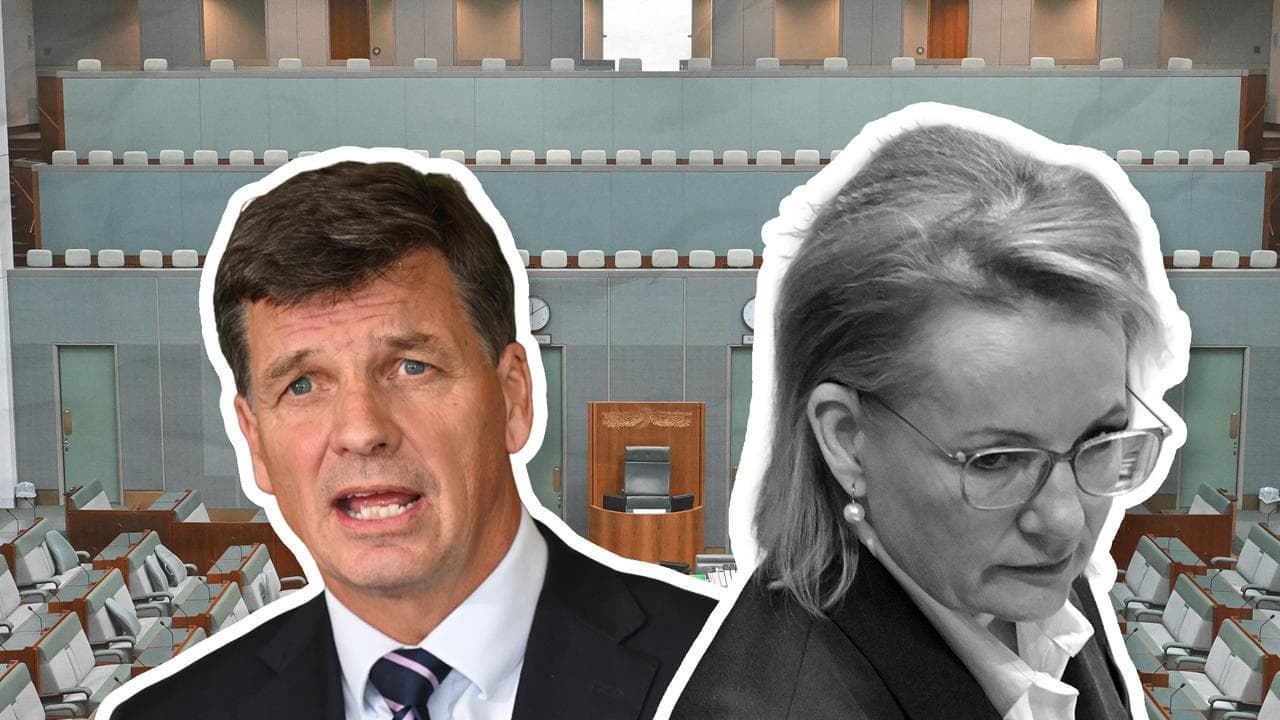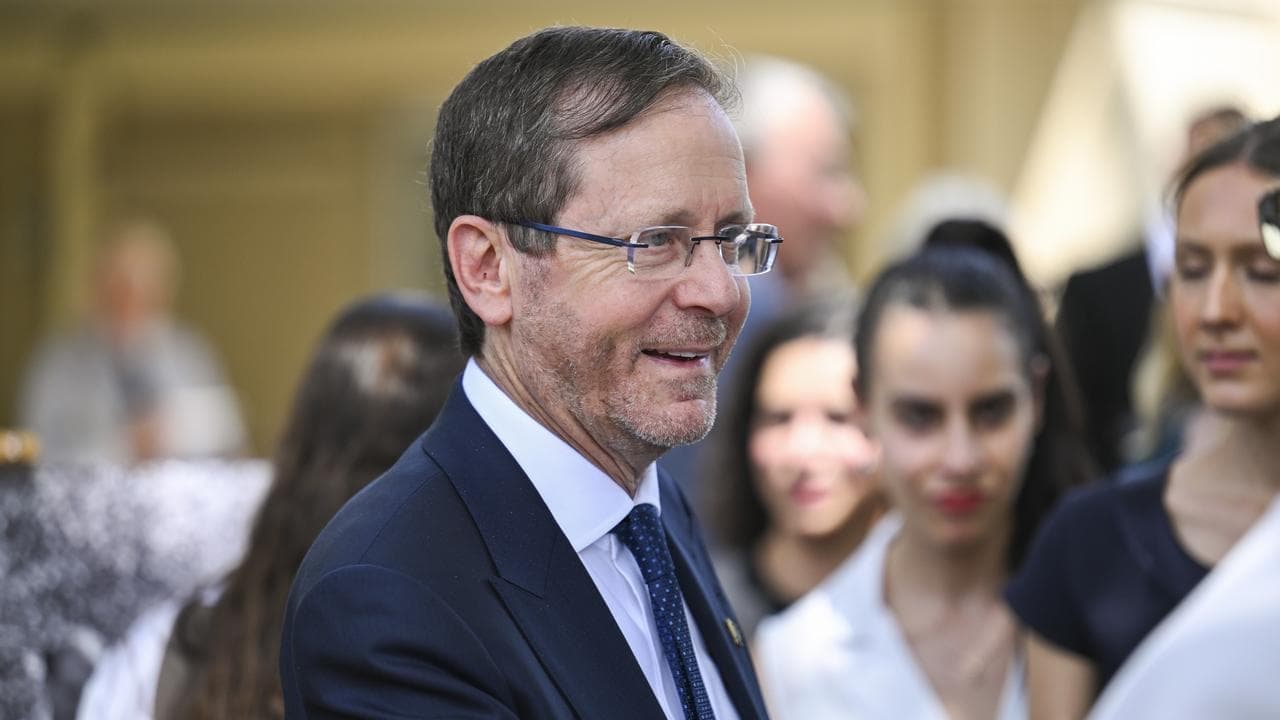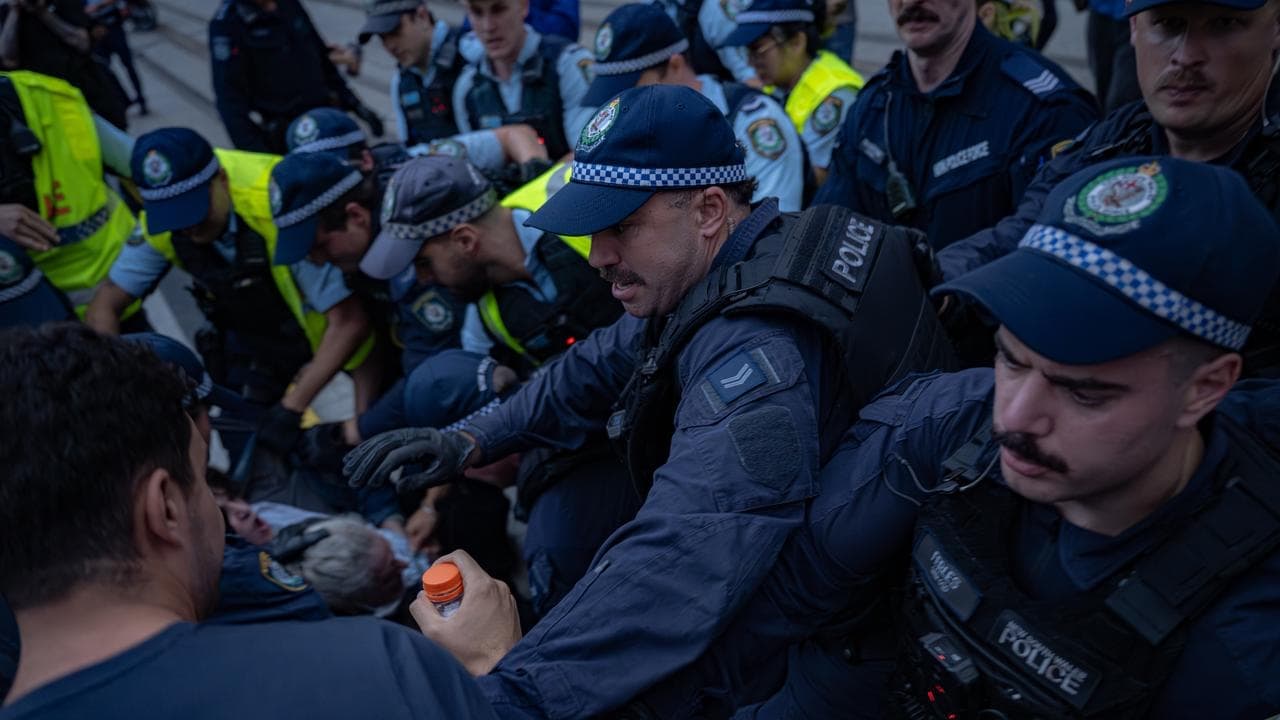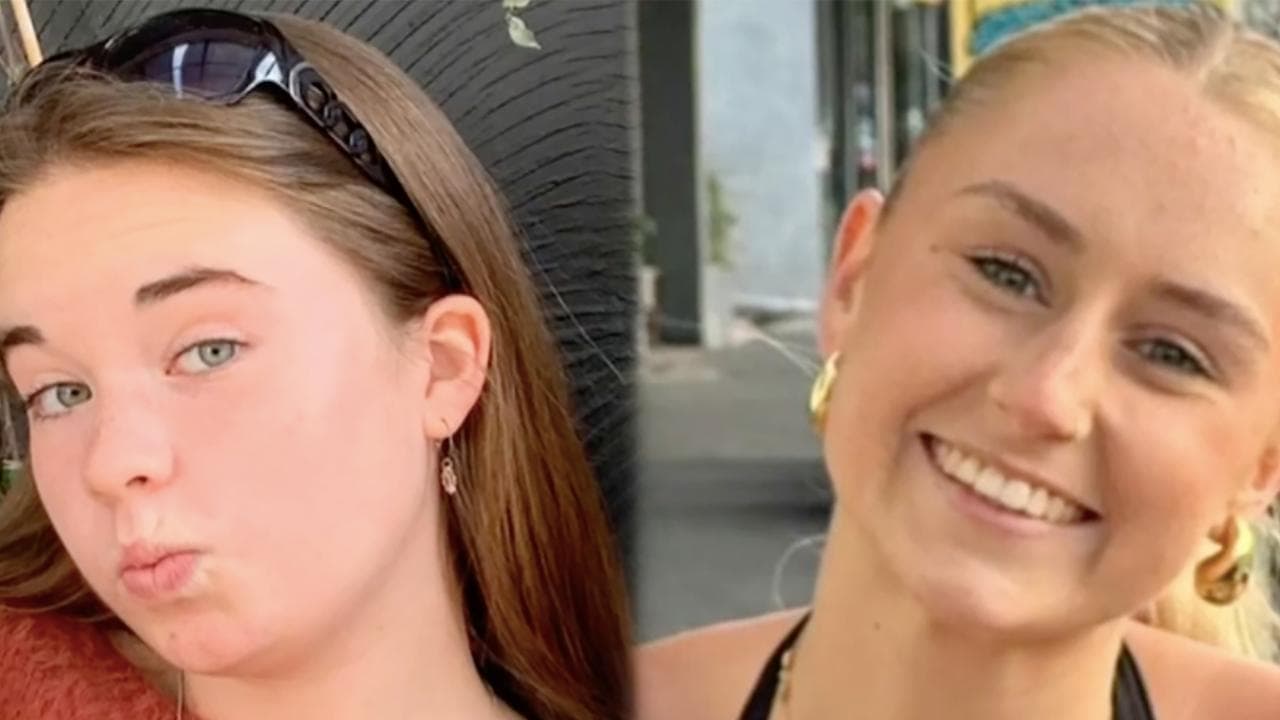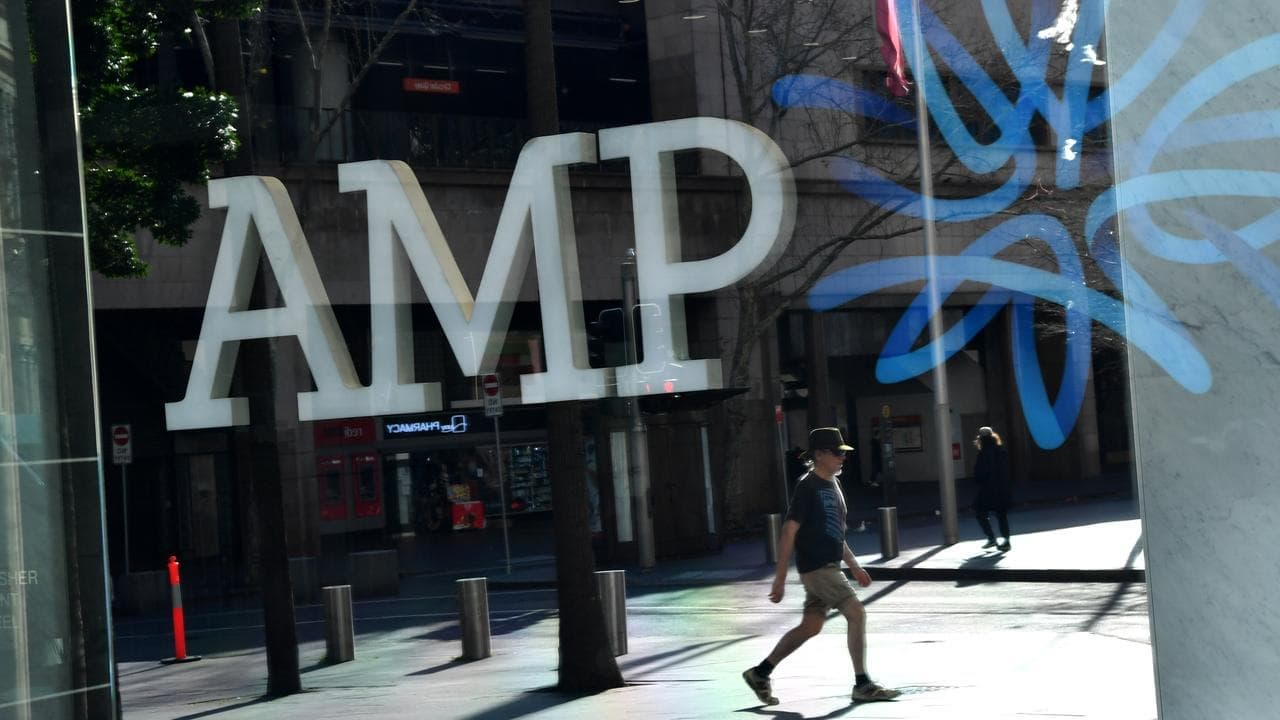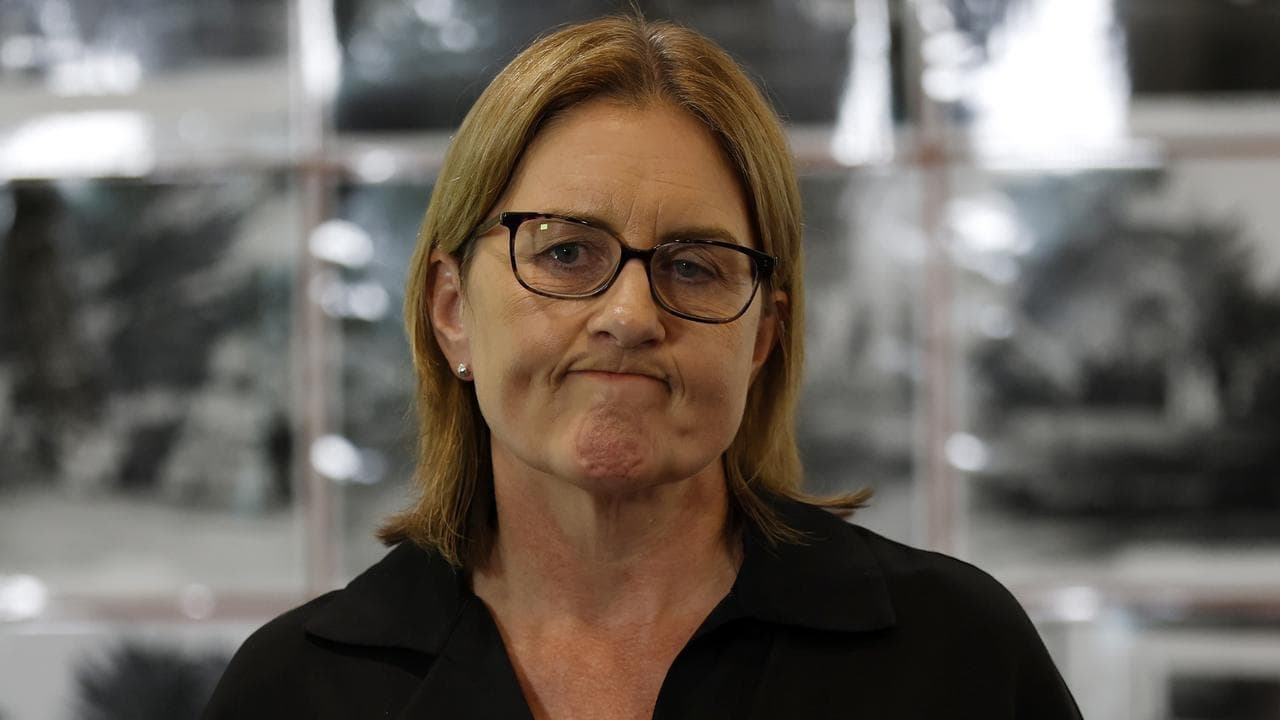WHAT WAS CLAIMED
Christianity is the official religion of Australia.
OUR VERDICT
False. Australia has no state religion and the constitution prevents the Commonwealth from requiring religious observance.
AAP FACTCHECK - Christianity is not Australia's official religion, despite claims on social media amid arguments for the removal of Islam from schools.
The Australian Constitution prevents the establishment of an official religion in the country.
The false claim was made in a Facebook video that has been viewed more than 90,000 times.
The video shows schoolchildren praying in a mosque and being interviewed, while overlaying text reads: "Schools in Australia are now sending children to mosques."
"HMHM … GET ISLAM OUT OF OUR SCHOOLS," the post's caption reads.

"The official religion of Australia is Christianity it always has been and that's how it should remain."
This, however, is false.
Under Section 116 of the constitution, Australia has no official religion and the Commonwealth is prevented from establishing one.
"The Commonwealth shall not make any law for establishing any religion, or for imposing any religious observance, or for prohibiting the free exercise of any religion," it reads.
"No religious test shall be required as a qualification for any office or public trust under the Commonwealth."
Adrienne Stone, an expert in constitutional law at the University of Melbourne, told AAP FactCheck the constitution, as well as previous court decisions, have established that the government can't create an official religion or compel participation in religious observance.
"The statement couldn't be more wrong," Professor Stone said.

The fact the constitution prevents the establishment of an official religion formed the basis of a 1981 High Court case related to state funding of religious schools.
The court ruled (page 272) that while federal funding for religious schools was not inconsistent with Section 116, the constitution still prohibits the establishment of a state religion (p273).
A paper on the role of Section 116 clarifies that the prohibition on "establishing any religion" was interpreted in the same case as the "legal recognition of a religion 'as a national institution'," (p174).
The video in the post depicts schoolchildren visiting a mosque, but fails to mention that the footage is from a 2023 SBS documentary.
Rather than showing a widespread practice of "sending children to mosques" as the post suggests, it documents a social experiment for television.

The program, titled The Swap, followed six students from an Islamic school as they swapped places with students from secular and Catholic schools in a bid to "bridge cross-cultural divides".
Religious education in schools varies by state and territory.
While regulations don't prevent school trips to places of worship, no Australian state or territory forces students to attend a specific kind of religious education. In most cases, it's an "opt-in" activity with parental consent required.
In NSW, the Education Act 1990 requires government schools to provide time for religious education, which may include a variety of religions and secular ethics.
In Victoria, government schools are prohibited from promoting any particular religious practice and must operate religious instruction as an "opt-in extra-curricular activity that students may only attend with parental consent".
In Queensland, religious education is provided to students from particular faiths with the approval of the school principal.
Under WA's School Education Regulations 2000, religious education can be provided to state school students who are members of specific faith groups (p31).
South Australian principals must notify parents when religious education is planned and provide an option to opt out.
Tasmania's Education Act prohibits schools from making religious education mandatory and when it is offered, it is voluntary and parental consent is required.
Northern Territory school principals (chief executive officers) are given broad responsibilities to offer religious instruction to students, including when parents or an authorised person requests it under the Education Act 2015.
The ACT also allows for optional religious education with parental consent.
AAP FactCheck is an accredited member of the International Fact-Checking Network. To keep up with our latest fact checks, follow us on Facebook, Instagram, Threads, X, BlueSky, TikTok and YouTube.







